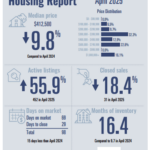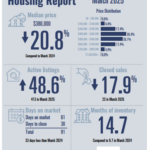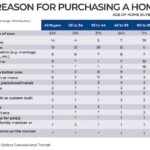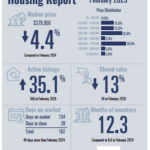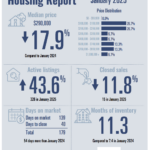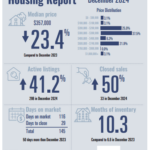Media Advisory
WHAT:
Mayoral proclamation establishing the annual recognition of National Small Business Week in the City of Corpus Christi from May 2 thru May 6.
WHY:
America’s 30 million small businesses support our economy by representing half of all private sector jobs, payroll and output in the United States. Additionally, a diversity in leadership, vision, experience and perspectives is demonstrated by 30% of small businesses being women-owned, 29% being minority-owned and nearly 10% being veteran-owned.
WHO:
Corpus Christi Mayor Paulette Guajardo
United Corpus Christi Chamber of Commerce President and CEO John LaRue
Better Business Bureau Regional Director Katie Galan
WHERE:
United Corpus Christi Chamber of Commerce, 602 N. Staples Street, Third Floor Board Room, Corpus Christi, Texas 78401.
WHEN:
Mayor Guajardo is expected to begin the proclamation at 9:30 a.m. on May 6, 2022.





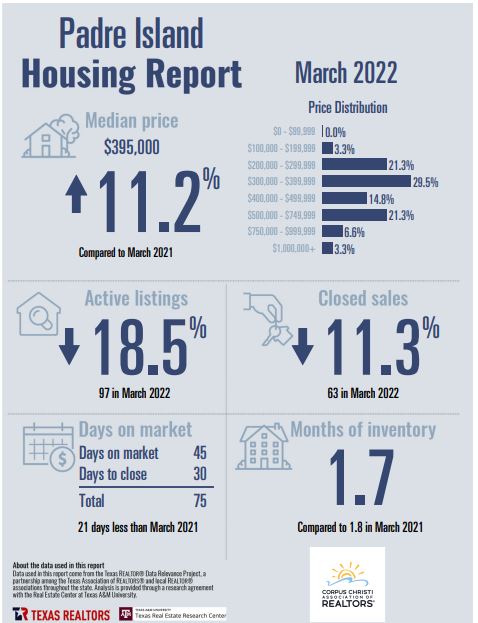
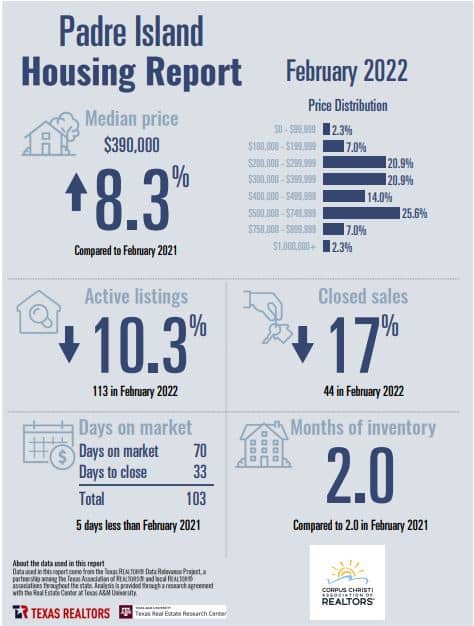
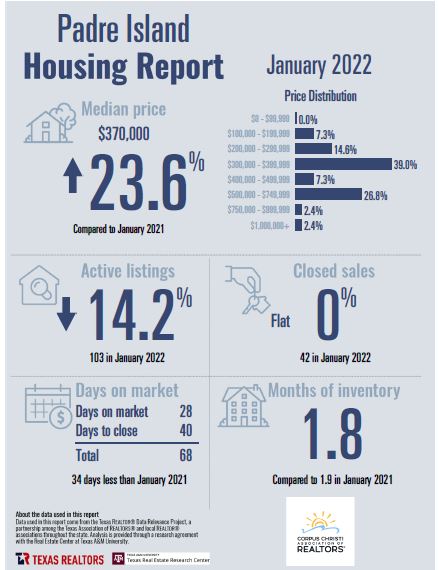
 Padre Island Corpus Christi
Padre Island Corpus Christi Bang for your buck
Bang for your buck



